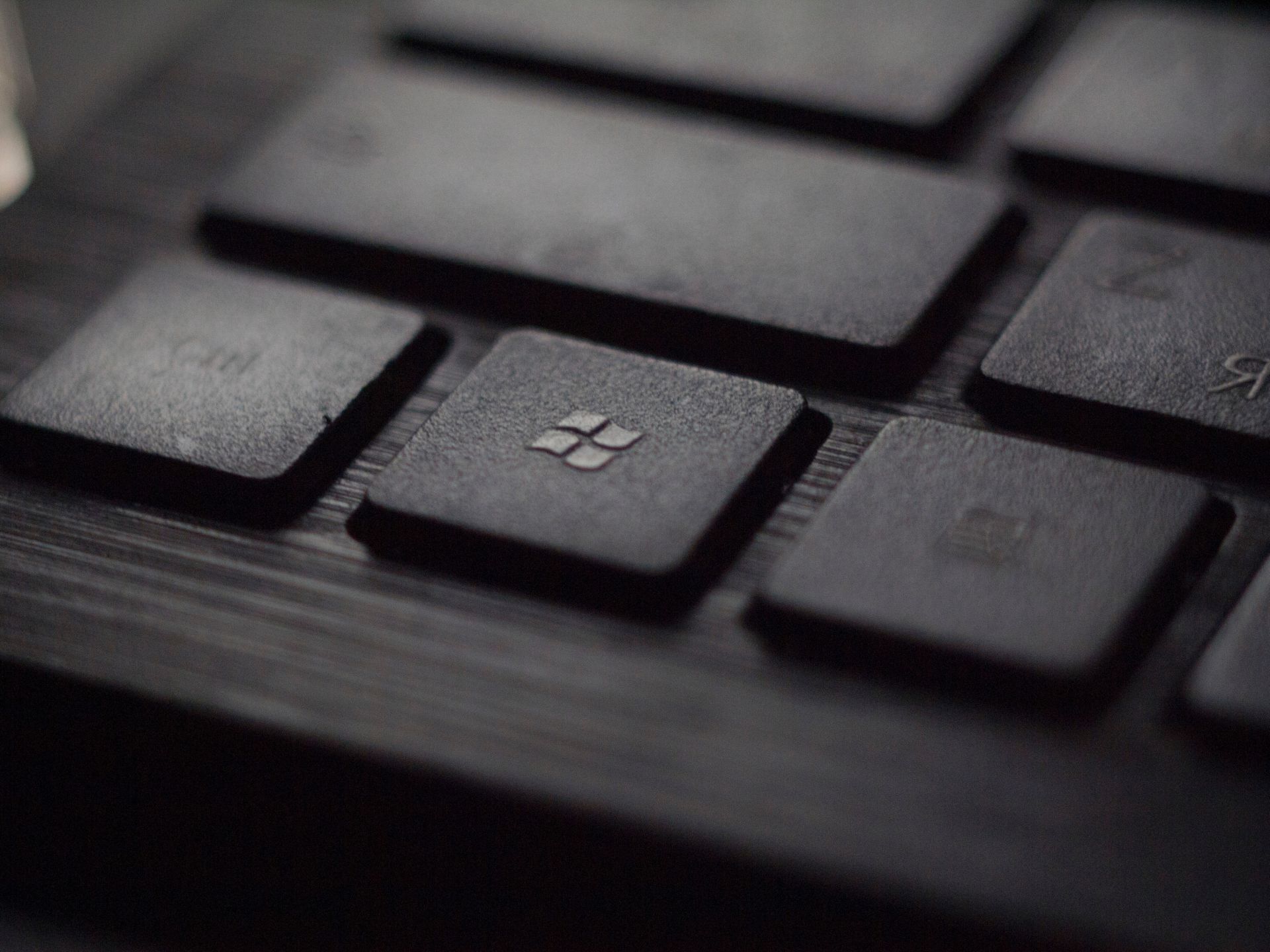According to the recent leaks, the Xbox crypto wallet might actually come to life. Microsoft Bitcoin plans revealed the mystery, but it actually created a bigger mystery as people are left in limbo in terms of transparency and details about the leak.
According to recent disclosures, Microsoft has ambitious plans to integrate bitcoin wallets into its Xbox gaming device. These stolen internal documents, which are part of Microsoft’s ongoing legal battle with the Federal Trade Commission (FTC), have both gaming and cryptocurrency aficionados buzzing with excitement. This discovery has the potential to change our perceptions of gaming and digital finance.

Microsoft Bitcoin plans leaked, and Xbox crypto wallet might be real
The leaked documents, surfacing on the ResetEra gaming forum, have pulled back the curtain on Microsoft’s big plans for its Xbox gaming platform. Hidden within these confidential files was the Xbox roadmap for May 2022, which disclosed the Microsoft Bitcoin plans, a daring move to introduce crypto wallet support for its gaming console. However, the specifics of this integration remained concealed, sparking fervent speculation.
Phil Spencer, the head of Xbox, attributed this unintended leak to the FTC’s legal actions against Microsoft. In their bid to thwart Microsoft’s $69 million acquisition of Activision Blizzard, these confidential documents were inadvertently exposed. Spencer acknowledged that certain plans may have evolved over time but remained optimistic, stating, “There’s so much to be excited about now and in the future.”
Microsoft Bitcoin plans have become a “hope” for gamers
Despite the uncertainty surrounding Microsoft’s plans, the cryptocurrency community is brimming with optimism about the leak’s implications. According to CoinSlate, Tyler Winklevoss, co-founder of Gemini, underscored the massive scale of the gaming industry, emphasizing that “Crypto is gamer money, and gaming is a bigger industry than Hollywood and the music industry combined.” This sentiment highlights the profound impact that traditional tech giants embracing cryptocurrencies like Bitcoin (BTC) can have on this burgeoning industry.
It’s important to remember that Microsoft has not publicly verified this connection, leaving the potential impact up in the air. Nonetheless, the positive reaction from the crypto community emphasizes the relevance of this prospective merger of gaming and cryptocurrency.
Microsoft had previously increased its engagement in the crypto industry in August by cooperating with Aptos Labs, the creators behind the Aptos (APT) layer1 blockchain network, with the goal of enhancing the web3 ecosystem’s capabilities.

The path forward: Gaming and crypto
This leak, which some call the “biggest in Xbox history,” has reignited debates that have been raging for years. Rumors have persisted that Microsoft, along with corporate titans such as Apple, Amazon, Facebook, and Google, want to integrate cryptocurrencies as blockchain technology advances.
Regulatory obstacles and market changes have hampered these objectives at times. However, the current upsurge of interest in cryptocurrencies, as seen by a rush of spot Bitcoin ETF applications and big banks unveiling blockchain-based efforts, suggests that Microsoft and Xbox may be about to enter the world of crypto wallets.
According to Kitco, rumors in the IT sector say that Microsoft is working on incorporating a non-custodial Ethereum (ETH) wallet into its Edge browser, though specifics are few. The merger of gaming and digital assets looks to be unavoidable, and if one IT titan takes the leap, others may follow.
This combination of web3, blockchain gaming, and digital assets has the potential to transform the future of gaming by opening up new ways for players to participate, transact, and legitimately own their in-game assets.
As the merger deadline between Microsoft and Activision Blizzard extends to October 18 to address remaining regulatory concerns, the tech world watches with eager anticipation. One thing is clear: the fusion of gaming and cryptocurrency is on the horizon, and it holds the potential to revolutionize the digital landscape as we know it.
Featured image credit: Turag Photography/Unsplash





